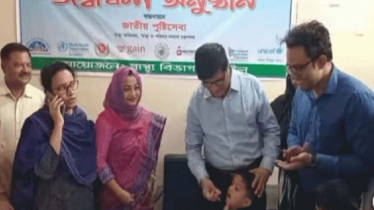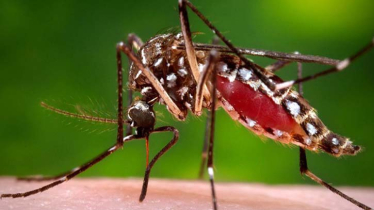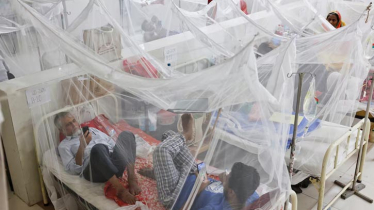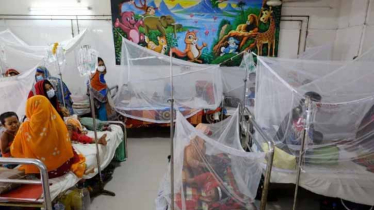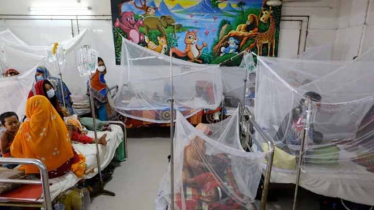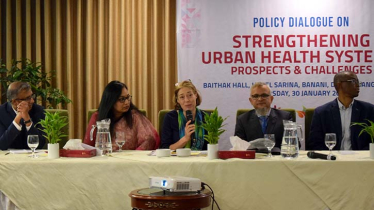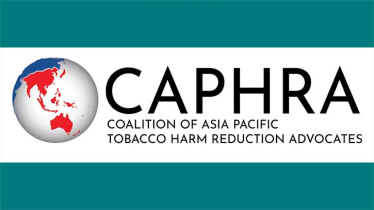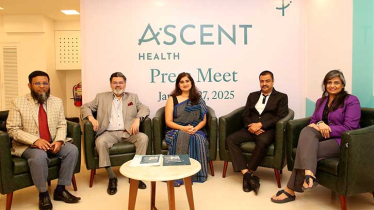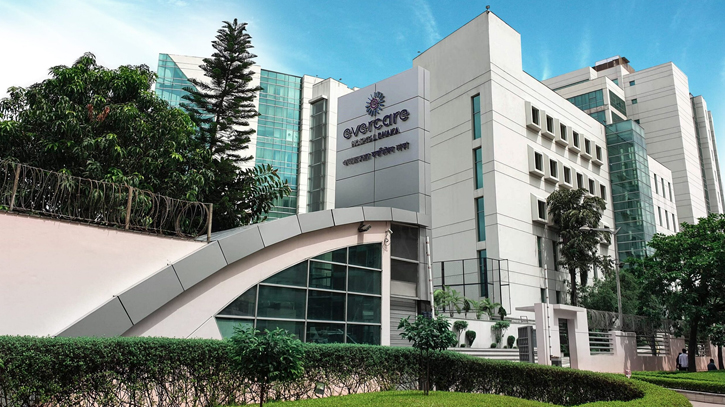
Photo : Collected
Evercare Hospital Dhaka is the country's first Joint Commission International (JCI) accredited hospital. The JCI is a US-based accreditation body dedicated to improving healthcare quality and safety around the world. It maintains international standards from emergency to indoor patient management. The director of medical services Dr Arif Mahmud talked with The Daily Messenger Senior Reporter Saifunnabar Sumi.
TDM: Why is Evercare Hospital exceptional?
Arif Mahmud (AM): Evercare Hospital Dhaka is multidisciplinary a 430-bed super specialty tertiary care hospital with full-time consultants. This hospital has the latest diagnostic equipment and technology and is staffed with a team of world class physicians, trained nurses, and technicians in most of the disciplines of medical science.
First of all, we give enough time to patient to know what they need, which helps to support them mentally. All kinds of treatment, including bone marrow transplant, kidney transplant, liver transplant, interventional pediatric cardiology, radiotherapy, and cancer treatment, are under one umbrella. It's actually a comprehensive health care provider.
We provide all forms of medical care under one umbrella including non- communicable and communicable diseases.
Modern treatment for câncer patient interventional pediatric cardiology kidney and liver transplants, and bone marrow transplants are available here. It offers a wide range of medical services. We have introduced the Fetoe Maternal and High-Risk Pregnancy Department two years ago aimed to identify defects before birth.
As non-communicable diseases are rising very fast in the country, the hospital has all kinds of modern treatment facilities. Patients all cancer treatment under get one roof, including Radiation therapy, Chemotherapy, Cancer Surgeries, ICU Care, Immunotherapy, Biotherapy, Supportive therapy, palliative care for adult and child cancer patients, etc.
TDM: What about the ICU, NICU, PICU, and Operation Theater facilities in your hospital?
AM: Only the Evercare hospital has over 100 beds in critical Intensive Care Unit (ICU), such as medicine ICU (15 beds), surgical ICU (12 beds), Neurological ICU (09), pediatric ICU (04,) Neonatal ICU (18), and Coronary care unit (20 beds), etc, with related disciplinary skilled manpower. As it'swithin one hour.
TDM: Do you have enough skilled manpower for these above-mentioned services?
AM: The 430-bed hospital has 2,100 staff members, including highly trained doctors and nurses. The hospital management staff has an administrative degree in hospital management. They are all full-time consultants.
TDM: How does your hospital provide emergency and outdoor services?
AM: When an emergency patient or trauma patient comes to the hospital, a team tries to identify the problem within one hour, and patients don't need to physically move from one place to another to find the doctor's room. A consultant can watch the test report on their computer. After identifying the problem, the patient can leave the hospital or get admitted to the relevant department.
TDM: This year's dengue situation is worse than previous years. Do you have any programnes under CSR?
AM: Yes, we have many programmes under corporate social responsibility (CSR), including raising awareness in many clubs, schools, etc. to spread the message that "prevention is better than cure", observing different kinds of days, providing lifestyle-related information, etc.
TDM: There is a common Perception that treatment costs are expensive in your hospital? What's your take on this?
AM: The hospital is the first hospital in Bangladesh to have been JCI-accredited. The Joint Commission International (JCI) is a US-based accreditation body dedicated to improving healthcare quality and safety around the world. As we maintain international standards from emergency to indoor patient management, the cost is a little higher than other hospital's expenditures. The hospital follows regular patient safety management, and all staffs get induction and departmental training before patient management. Health insurance is a must for reducing treatment costs in our country, like in other countries around the world. The government should work on its aim to reduce treatment cost.
TDM/SD

